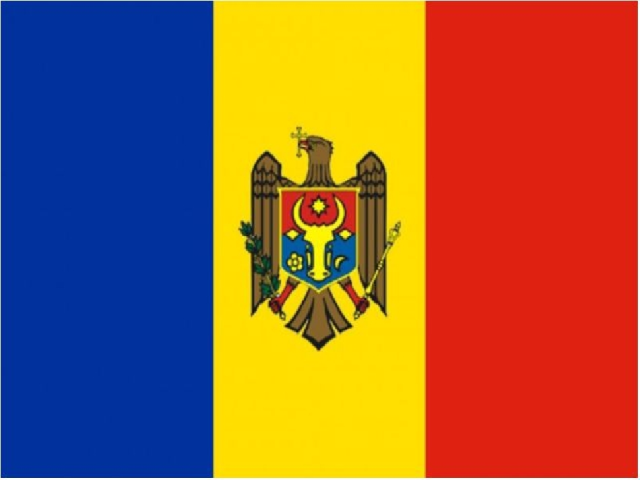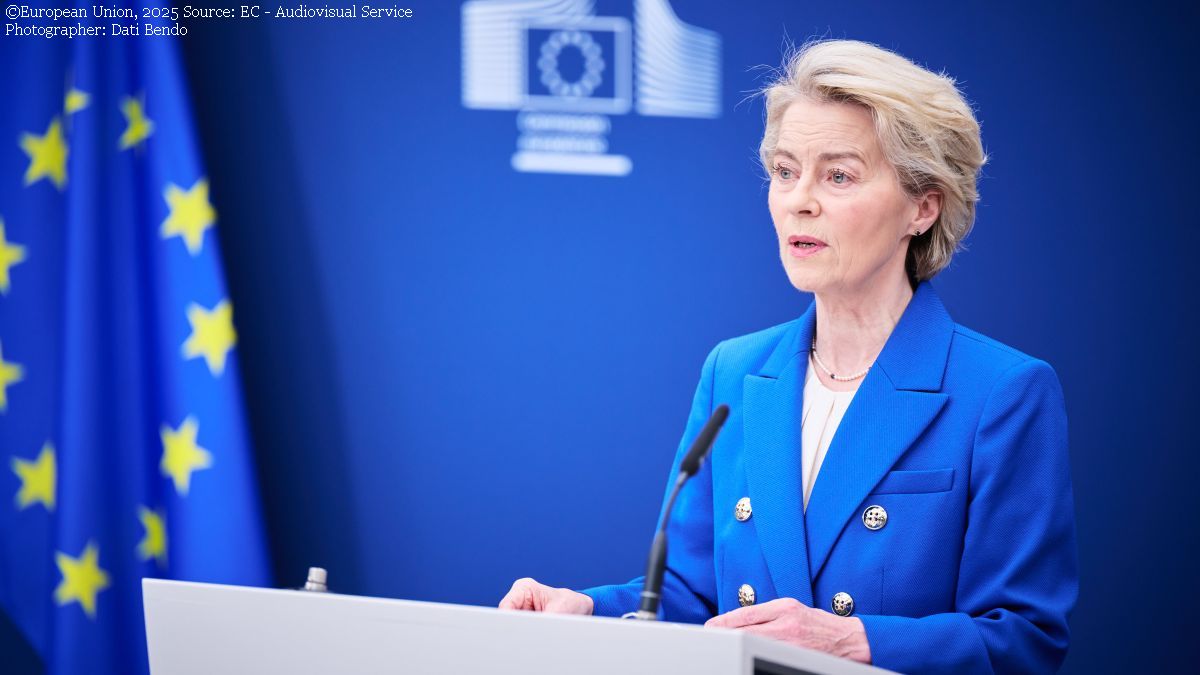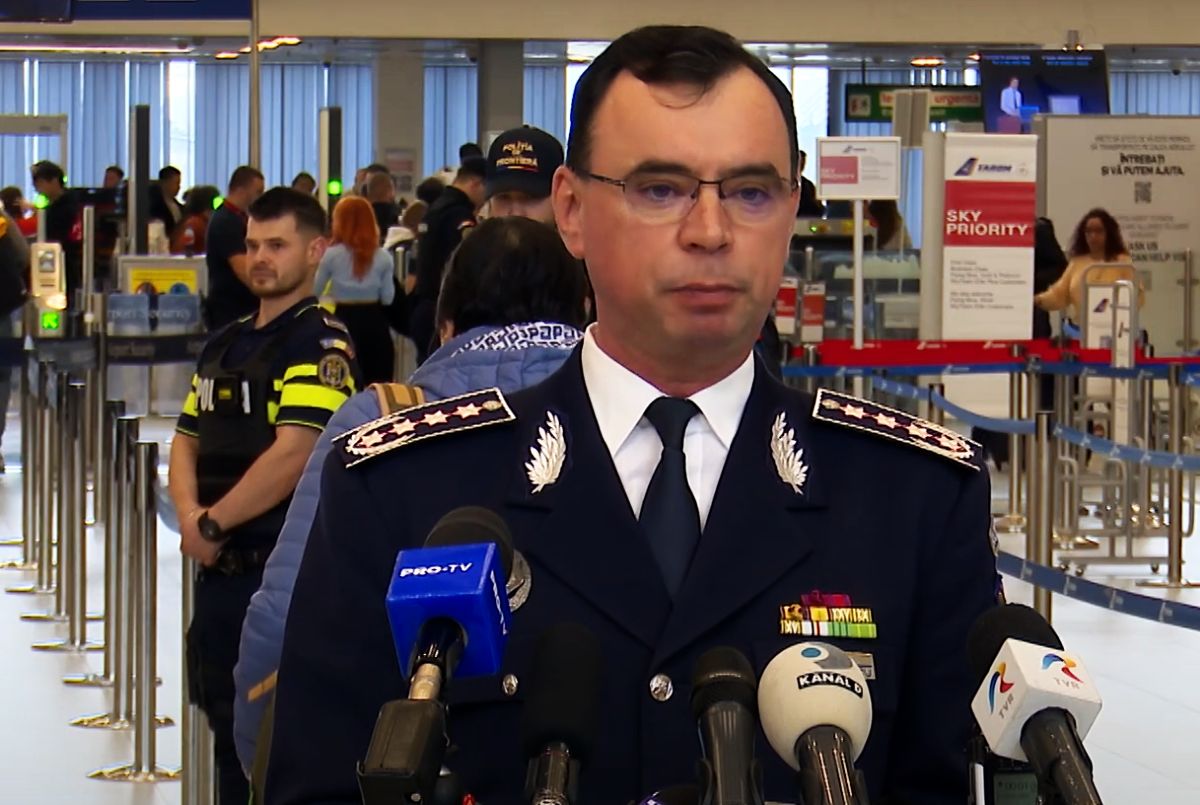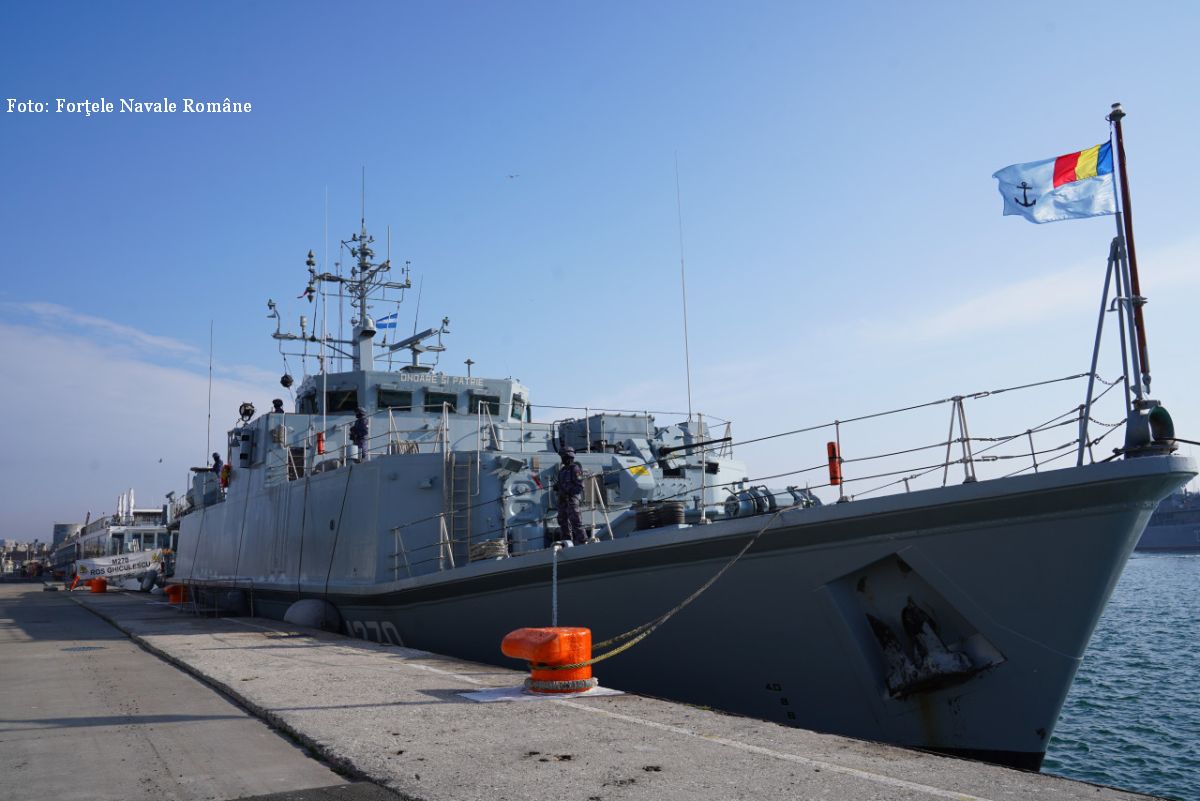The Republic of Moldova, 24 Years of Independence
24 years after it proclaimed its independence from USSR, Moldova still faces domestic and geostrategic challenges.

Valentin Țigău, 27.08.2015, 13:25
Moldova, a former soviet republic that pulled away from Moscow after the failed coup of August 1991 when the Communist conservatives tried to oust Mikhail Gorbachev, is celebrating 24 years of independence. On August 27, 1991, the first Parliament in Chisinau adopted a declaration stating that “Moldova is a sovereign, independent and democratic state, free to determine its present and future without foreign interference, in keeping with the ideals and aspirations of its people, within the historical and ethnic space of its national development.
Heirs of the previously Romanian territory between the rivers Prut and Dniester, taken away from Romania under a WW2 Nazi-Soviet pact, the Moldovans have tried to address the injustice by initiating a policy aimed at strengthening relations with the motherland: the national anthem identical to Romanias, the same national colours and so on.
This trend, which might have led to the eventual union of the two states, came against the plans of the pro-Soviet hardliners in Moldova. In 1991, after a war supported by Moscow and which claimed hundreds of lives, they managed to have the mostly Russian-speaking eastern part of the country break away with Moldova and proclaim the Autonomous Republic of Trans-Dniester. The negotiations for resolving the conflict, in which the EU, USA, Russia, Ukraine and the OSCE are also taking part, are yet to yield a result. Years followed when Moldova was primarily headed by left and far-left parties. The Communists Party was in power for 8 years, until 2009, when it was replaced by a right-of-centre coalition, the Alliance for European Integration.
Twenty-four years since proclaiming its independence, the young state is facing severe economic problems, massive emigration and an identity crisis. Some citizens still want to join Romania, while others would rather be united with Russia. In 2014, the Republic of Moldova signed the association agreement with the European Union, and secured a liberalised EU visa regime for its citizens.
At present, Chisinau is also facing regional challenges, generated by the conflict in neighbouring Ukraine. Its main ally is Romania, together with which it is developing major economic and cultural projects. During his visit to Chisinau occasioned by Moldovas Independence Day, the Romanian PM Victor Ponta emphasised the importance of the joint energy and railway infrastructure projects, and promised that Romania remains a key supporter of the Republic of Moldova in its European integration efforts.






























